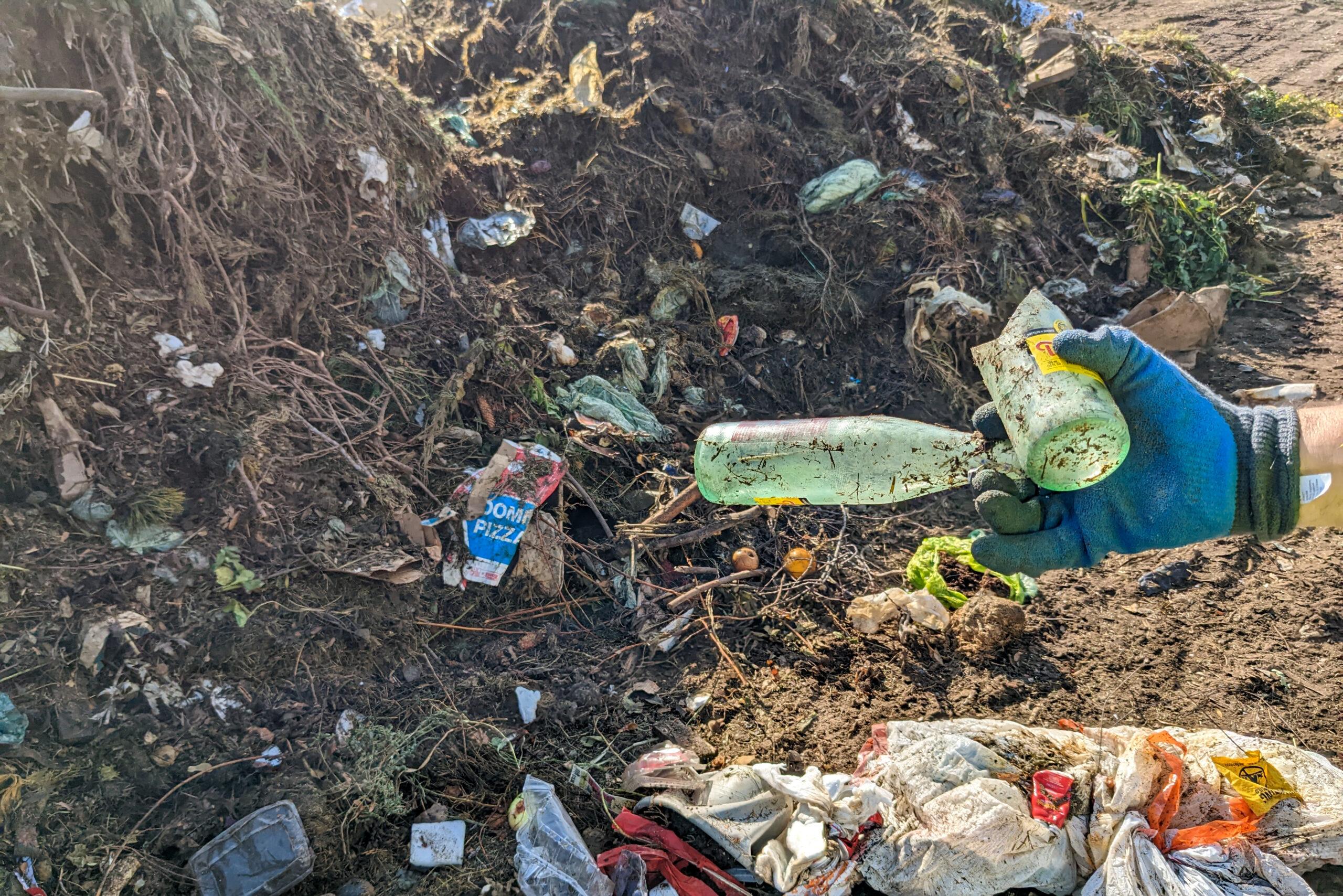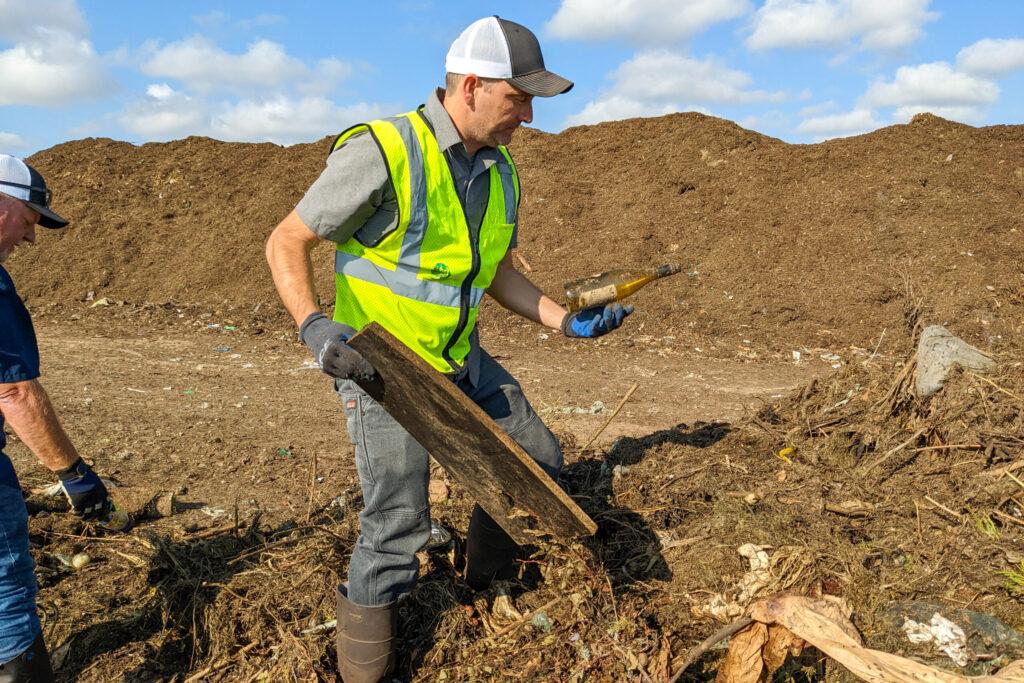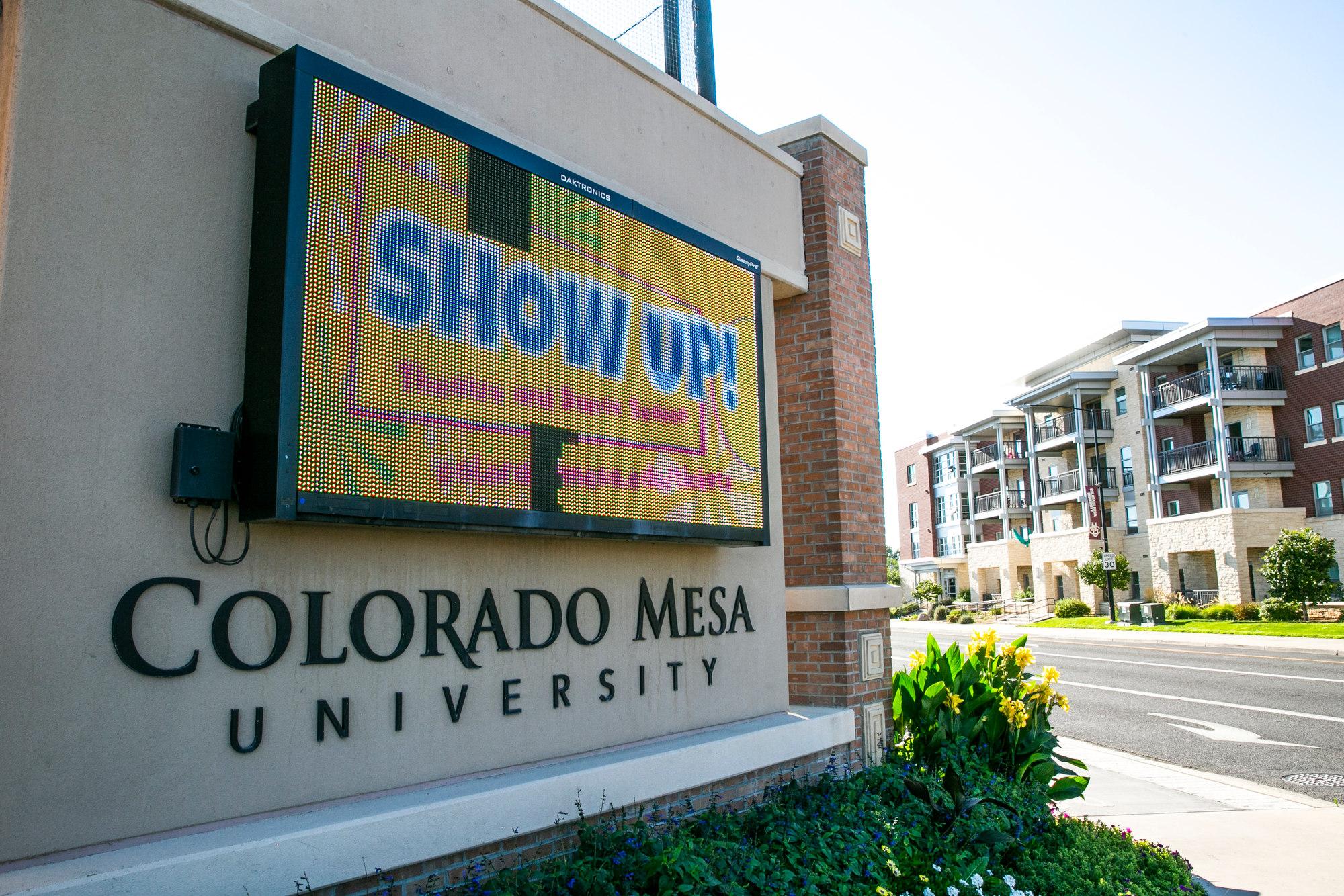
Colorado's largest commercial compost company has a message for anyone tossing pizza boxes and disposable cups into green bins, hoping it might someday return to the earth as organic soil:
Stop.
Due to ongoing contamination struggles, A1 Organics is changing what materials it will accept from the many communities it serves along the Front Range. That list includes Denver, Boulder, Lafayette, Louisville, Longmont and Arvada.
Starting April 1, the company will no longer allow any paper products or supposedly compostable packaging. Acceptable materials for residential and commercial composting will be limited to food scraps, plant trimmings and certified compostable bags.
Clinton Sander, the company's marketing manager, said the change was necessary thanks to high levels of inorganic waste coming from curbside bins and restaurants. He said the problem has gotten worse as communities expand their composting programs. Despite earlier attempts to educate customers, A1 Organics reports about 10 percent of organic material coming to their facilities remains contaminated.
"Our goal here is to reset the stream," Sander said. "We need to bring more attention to contamination so that we can make quality compost once it gets through our manufacturing processes."
What's acceptable under the new restrictions:
- Food scraps: Produce, bread, bones, meat, cheese, egg shells
- Yard waste: Leaves, branches, flowers, cut grass
What's not acceptable:
- Paper products: Paper towels, napkins, shredded paper, pizza boxes, coffee filters
- “Compostable” food ware: Takeout containers, cups, utensils, plates
The crackdown is already having a ripple effect along Colorado's Front Range.
EcoCycle, a nonprofit compost hauler serving customers in Boulder, notified businesses and residents about the new rules Tuesday. Due to the new standards at A1 Organics, it will only allow food scraps and yard trimmings in its compost bins.
Vanessa Lacayo, a spokesperson from the City and County of Denver, said her colleagues are now in the process of making similar updates to its online guidelines and mailing information to about 30,000 existing compost customers.
The shift comes as Denver overhauls its waste services. At the start of the year, the city launched its new "pay as you throw" program, which charges customers depending on the size of their trash bins. Weekly composting and recycling services are provided for free.
Despite concerns raised by the city auditor last year, Lacayo said Denver has fulfilled its promise to add more frequent recycling pickup through the program. She said the expanded compost service won't be far behind—and residents will have tools to minimize contamination.
"As we begin phasing in weekly composting for our other customers later this summer, these new guidelines will already be in place so folks will start using the right system," Lacayo said.

A1 Organics first raised the alarm over compost contamination last summer.
The problem was obvious during a visit to the company's main processing facility in Keenesburg in September. Long piles of waste from municipal customers were strewn with non-compostable materials like dog toys and plastic food containers.
Glass is another common contaminant and a top concern for the company. That's because a single bottle can break into thousands of dangerous shards, ruining the final product A1 Organics sells to farmers and landscaping companies.
After struggling to control the issue, the company started rejecting contaminated loads from many Front Range communities last August, diverting mostly organic waste to local landfills. It also began fining any hauler that left a contaminated load at one of its processing facilities.
That shift led cities to redouble their efforts to teach residents about compost contamination. In addition, Boulder stopped requiring restaurants to provide compost bins in eating areas and bathrooms due to unacceptable levels of glass and non-compostable utensils
Sander said those policies helped, but didn't fully solve the problem. The new restrictions on packaging and paper products are meant to give Colorado residents a clear picture of what's allowed in the compost stream going forward.
Sander added that individuals don't bear all the responsibility.
While more companies are selling disposable plates and silverware advertised as "compostable," Sander said those claims don't always hold up in industrial facilities. In his experience, many of the materials break down too slowly or only after the company adds other materials to trigger the decomposition process.
Sander thinks the lack of regulation leads to confusion. Without clear standards for products and signals for consumers, he understands why many people might hopefully toss a fork or cup into the compost bin.
Washington state is trying to address the problem. A provision in a new composting law sets design standards for biodegradable products, requiring manufacturers to use green, brown or beige to let customers know if a cup or utensil can go into the compost bin.
Sander said the Colorado Composting Council, which represents A1 Organics and other waste companies, is currently considering proposing similar legislation.
Correction: In many communities, clean pizza boxes can be placed in recycling bins. A headline on an earlier version of this story failed to account for that alternative.









